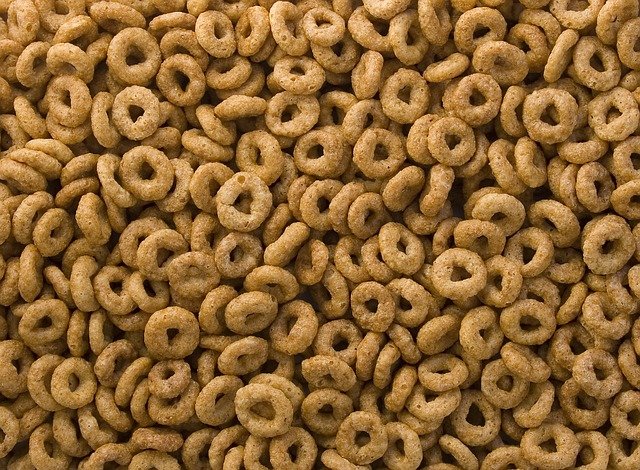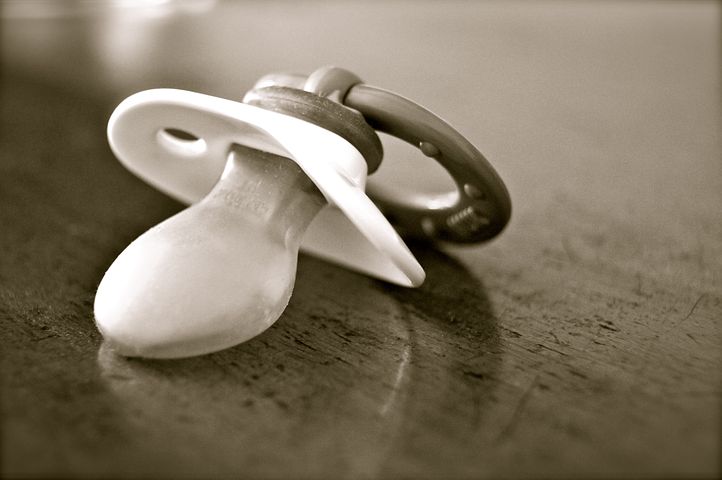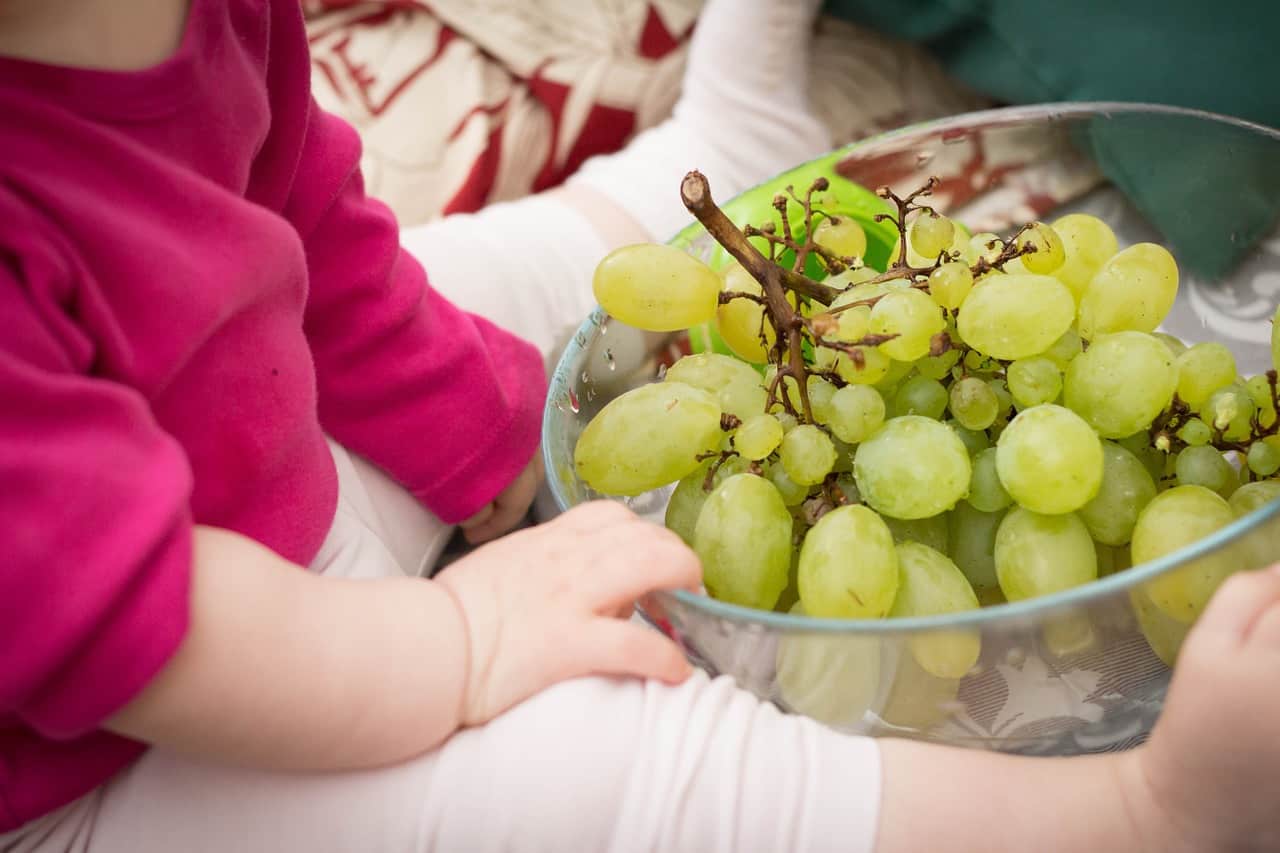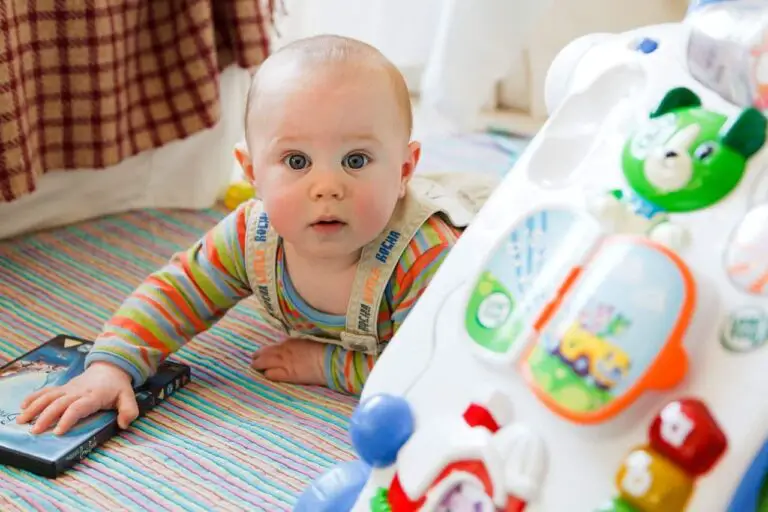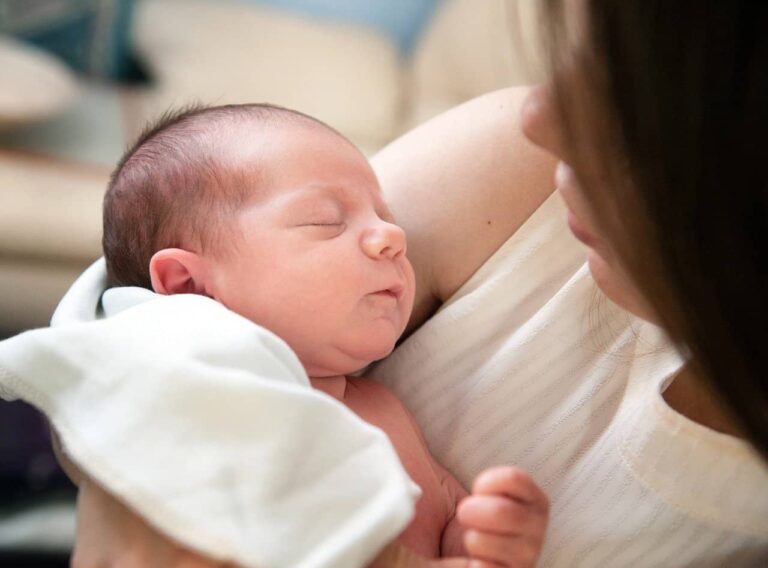Seeing Os: Can Babies Eat Honey Nut Cheerios?
There’s nothing like a bowl of cereal to kickstart the day. While great for adults and older children, can babies eat Honey Nut Cheerios?
Cereal is a staple food in the American diet for more than a century. Thanks to strategic marketing in the 1940s, cereal has become synonymous with breakfast across the State. And this promotion of cereal has been imitated by different countries in the world.
Who can say no to cereal? It’s convenient to prepare and tastes very pleasant. There is a range of cereals in the market that everyone can love.
In a 2019 survey, the number one cereal brand in the US is Honey Nut Cheerios. Honey Nut Cheerios is sweeter compared to Original Cheerios. Honey Nut Cheerios are so good that people eat them with or without milk.
Children and adults enjoy Honey Nut Cheerios for breakfast every day. Combined with yogurt or fruits, and you got yourself a meal that can fuel you through the whole morning.
But can babies enjoy Honey Nut Cheerios as well? Technically, babies can enjoy cereal. However, Honey Nut Cheerios has an Achilles heel in its track record as being the best cereal brand.
Infant Cereal
Let’s first talk about what kind of cereal babies can eat. When you type in cereals for babies online, you’ll mostly find infant cereal. These formulas are very different compared to regular boxed cereals.
Infant cereals are designed specifically for babies. They are mushy, easy to swallow, and a little bland. Infant cereals are usually made out of rice, barley, oats, and grains.
Infant foods are a good starting place for feeding infants. They are also rich in iron and FDA-approved. That’s why pediatricians encourage parents to use infant cereals as an introductory food for babies.
But babies can’t eat infant cereals forever. Babies can try different food groups once they have adjusted to infant cereal. During 7 to 9 months, parents can finally introduce cereals like Cheerios.
Can Babies Have Honey Nut Cheerios?
Boxed cereals are very different from infant cereals. Boxed cereals have more nutrients, flavoring, and sugar as compared to infant cereals. And boxed cereals are solid, especially without milk.
Parents can give cereal to babies as a meal or a snack. Original Cheerios, in particular, is a great option.
Original Cheerios is low in sugar and gluten-free. It’s also rich in fiber and a good source of vitamins and minerals. Cheerios is a good, low-fat, and low-calorie snack that you can give to babies.
If you want to learn more about Cheerios’ nutritional facts, you can visit their website.
But what about Honey Nut Cheerios? Honey Nut Cheerios is similar to Original Cheerios. It’s rich in nutrients and can reduce the risk for heart ailments.
But Honey Nut Cheerios isn’t as healthy as it sounds. And as a cereal for babies, you might as well find something else.
Botulism
Honey is a good sweetener option. However, this natural syrup can carry nasty spores of the Clostridium botulinum bacteria. This bacteria is responsible for botulism.
Infant botulism is a big problem when trying to feed babies solid food. Babies have more sensitive bodies than adults. Their immune system is not yet fully developed.
Feeding honey directly to children is prohibited. There is a big chance that they can be infected with the bacteria. Anything honey-related must also go.
It’s no surprise that Honey Nut Cheerios is on this list. The Cheerios are covered in honey. It’s for the better to wait until they are above 12 months before you feed them Honey Nut Cheerios.
Added Sugar
Botulism aside, feeding Honey Nut Cheerios to a kid is still not a good idea. The added sugar in Honey Nut Cheerios can lead to some health issues.
The Cheerios website says that one cup (37 grams) of Honey Nut Cheerios contains 12 grams of added sugar. For reference, the American Heart Association recommends that children between 2 to 18 should only have 25 grams of sugar per day. Children below 2 years should have none.
Too much sugar can be harmful to children. Sugar has been linked to different non-communicable diseases. Sugar raises the risk of heart diseases, type 2 diabetes, cancer, and obesity.
Sugar can also damage the teeth of children. Tooth decay and cavities are usually caused by too much sugar.
Finally, sugar can be very addictive. It can become an unhealthy cycle to eat sugary food. That’s why parents should control what their children eat.
Healthier Alternatives to Honey Nut Cheerios
Giving babies a snack is alright. It gives them extra fuel for the day and can boost their growth. But the right kind of snack matters greatly.
Instead of Honey Nut Cheerios, parents can give their children fruits and veggies. Fruits and veggies are healthier and have fewer calories and sugar. They are also more loaded with important nutrients.
Orange You Glad: Can Babies Eat Oranges and Should I Offer Them
Trip to the Tropics: Can Babies Eat Pineapple?
Some fruits that you can give to babies include bananas, apples, avocadoes, and pears. Vegetables such as carrots, peas, and pumpkins are great choices as well. To learn more, you can visit this list right here.
Sugar-free crackers are also good, on-the-go snacks for babies. Baby crackers are designed for babies, meaning they are less harmful and are more nutritious. However, parents should stay vigilant about the added sugar these crackers might have.
Finally, older babies can have Original Cheerios. This cereal has little sugar, is gluten-free, and can lower cholesterol. Having them in moderation is safe for babies.
Conclusion
Honey Nut Cheerios is one of the most popular cereal brands in the US. It is loved by children and adults alike.
However, babies are not allowed to eat Honey Nut Cheerios. The cereal contains honey, which can possibly cause botulism. Honey Nut Cheerios is also loaded with added sugars, which can be detrimental to babies’ health.
Instead of Honey Nut Cheerios, babies can have a wide variety of other snacks. Fruits, vegetables, and baby crackers are some snacking options. They are far more nutritious than Honey Nut Cheerios.
Cereals are amazing breakfast food for babies. However, they aren’t as healthy as they want you to believe. At the end of the day, they are breakfast food. Not because of science, but because of marketing.

